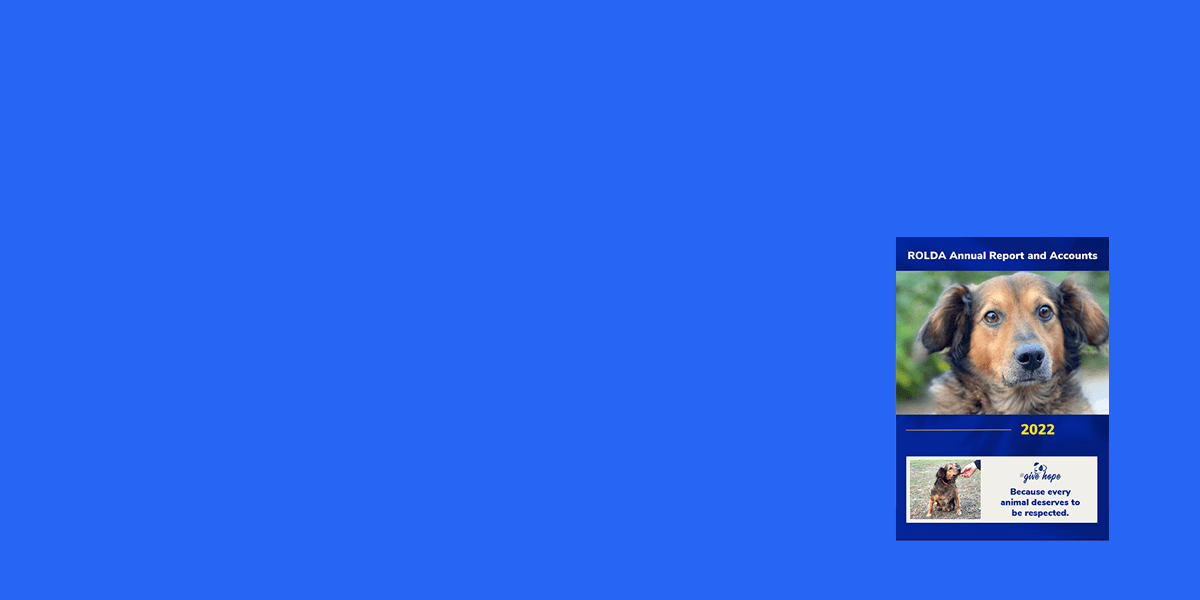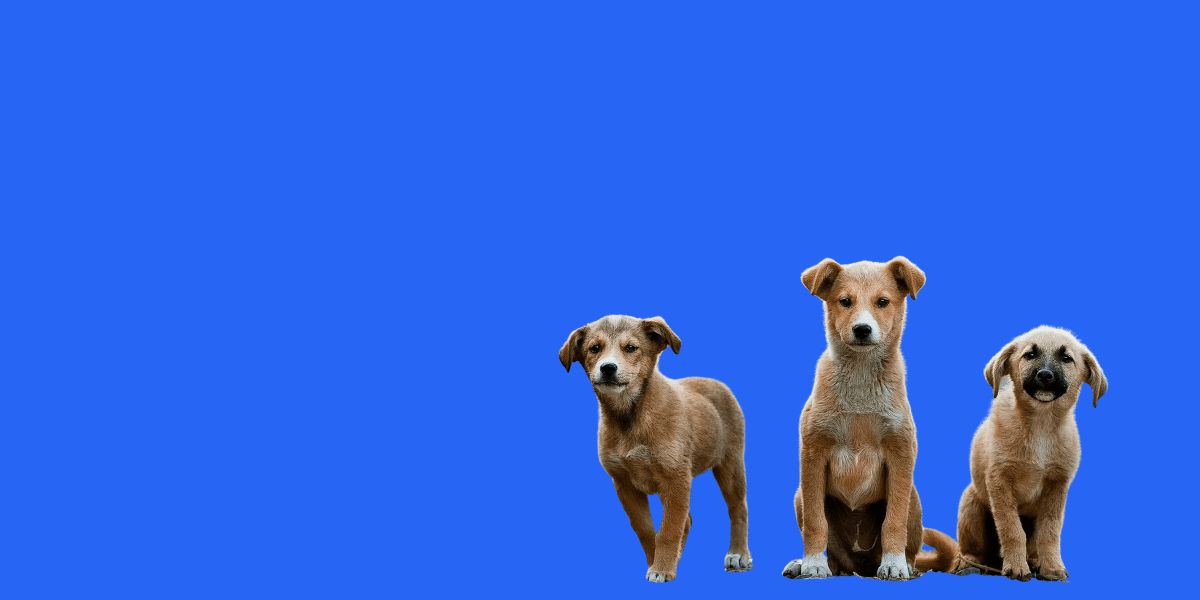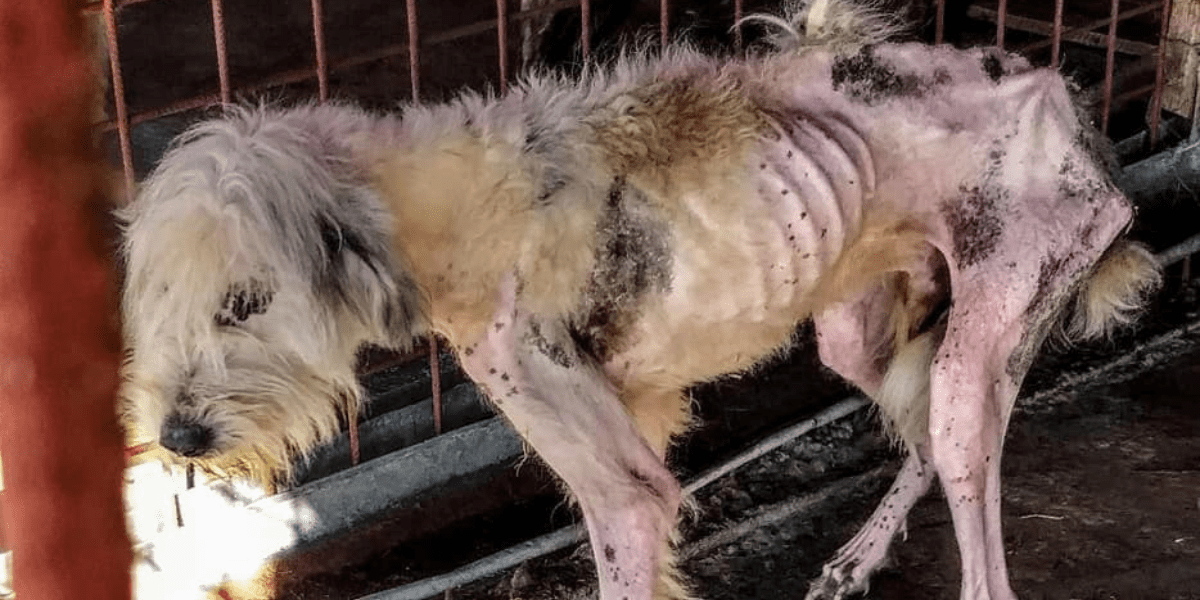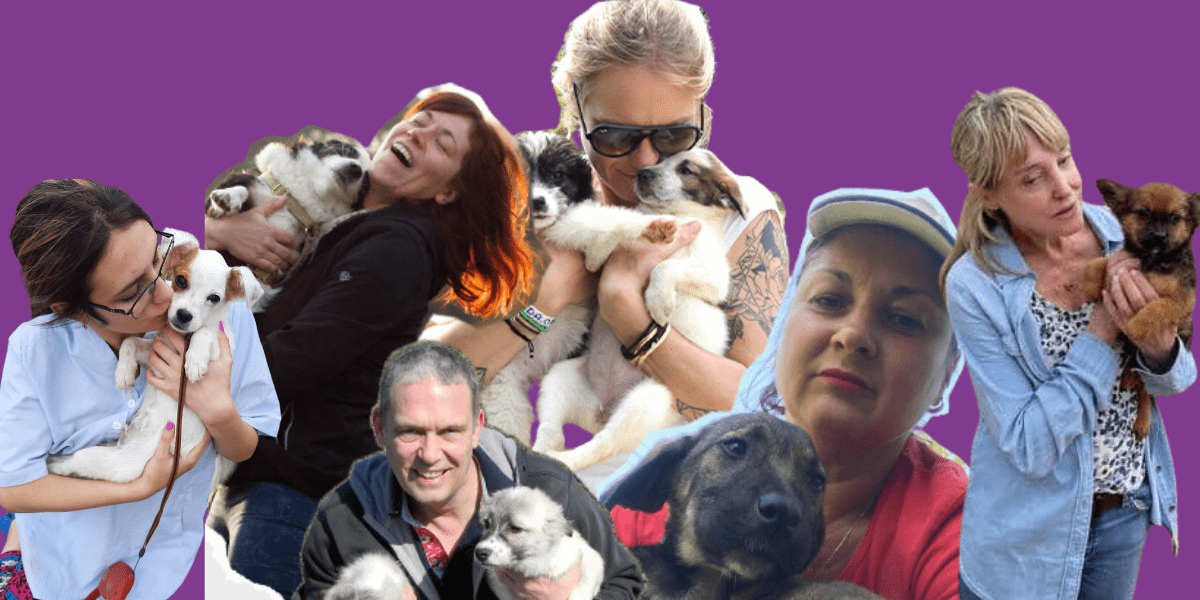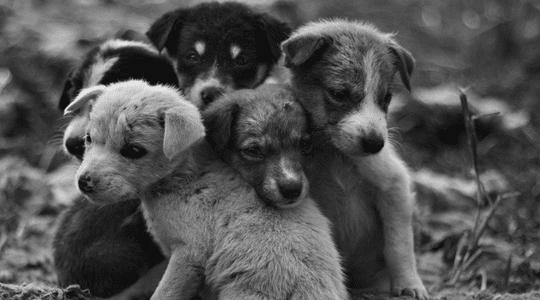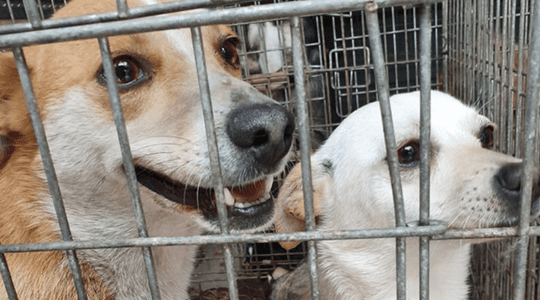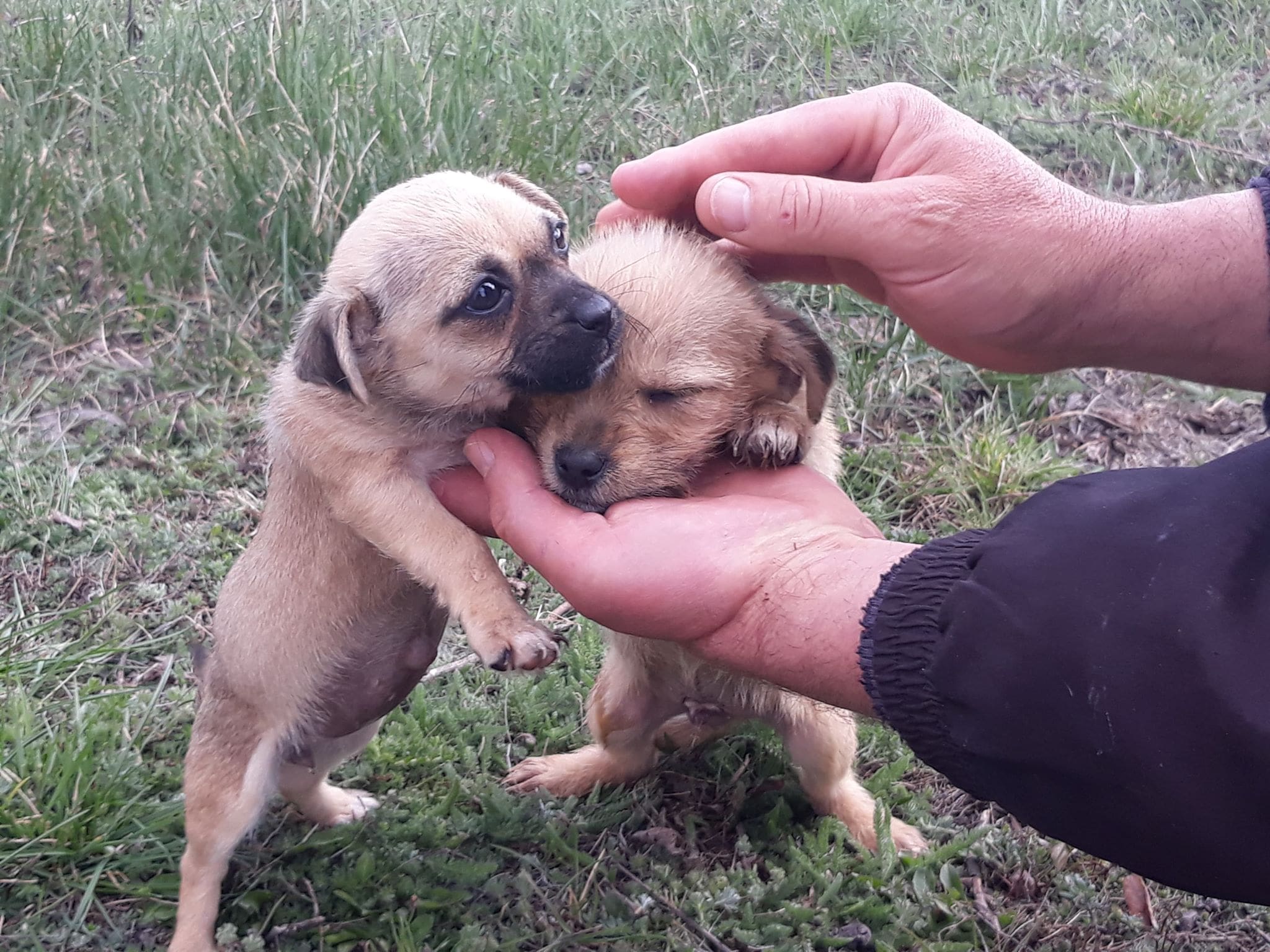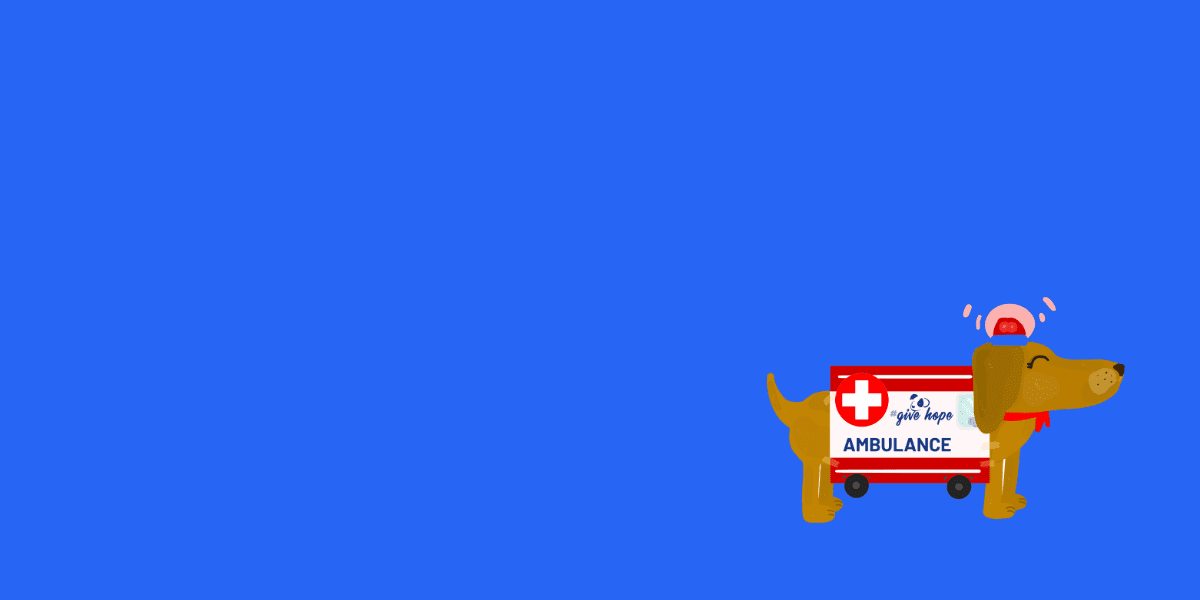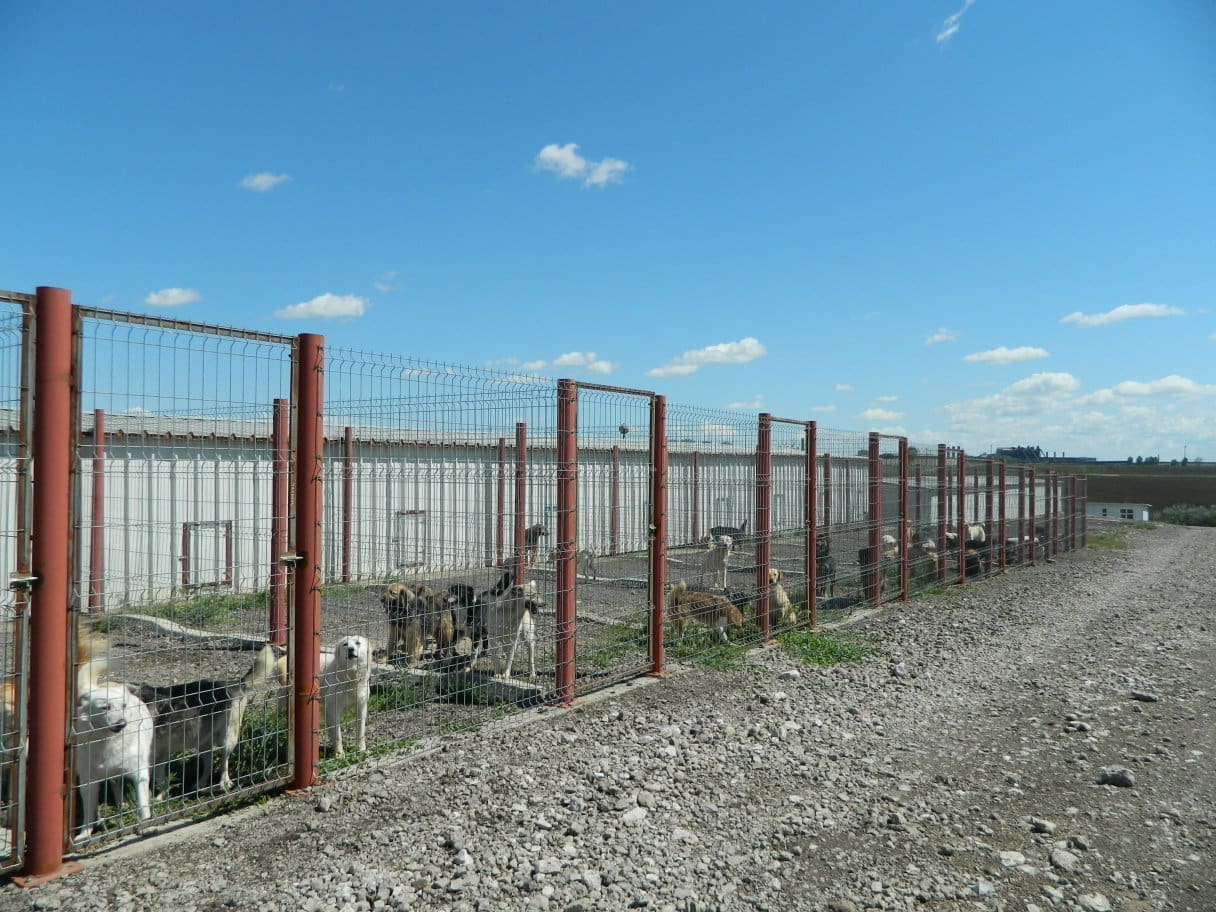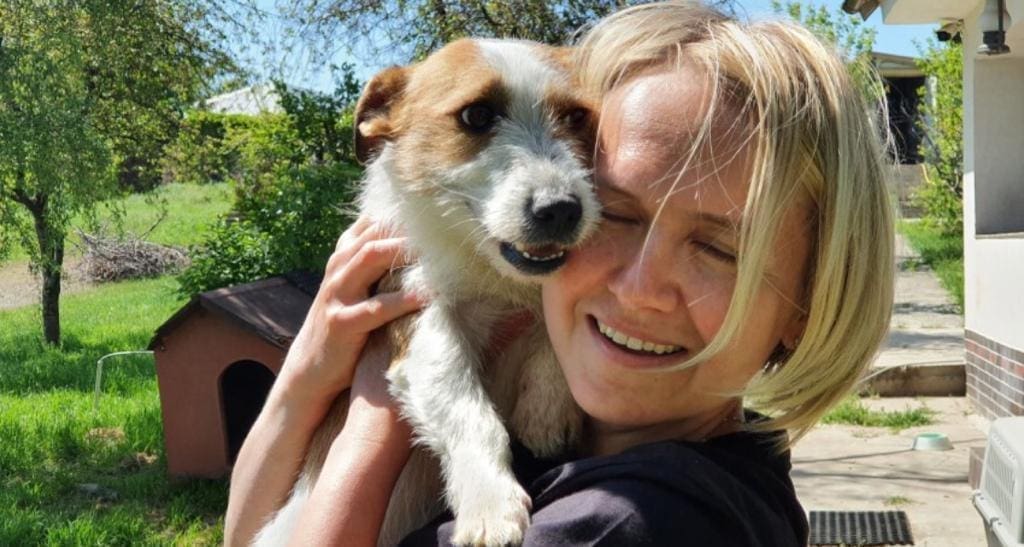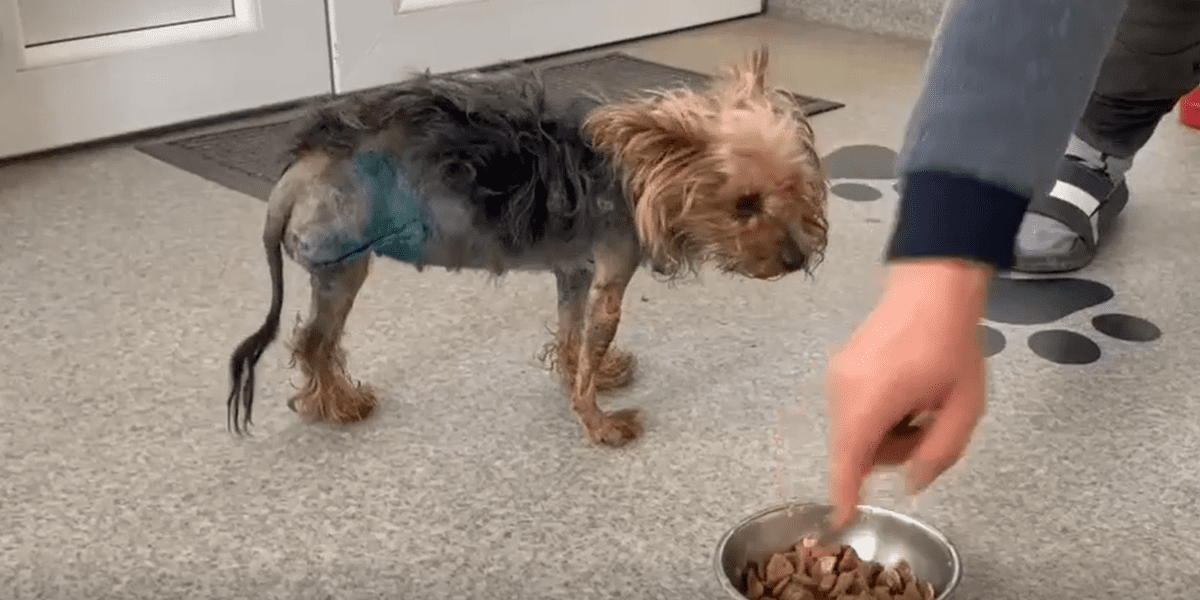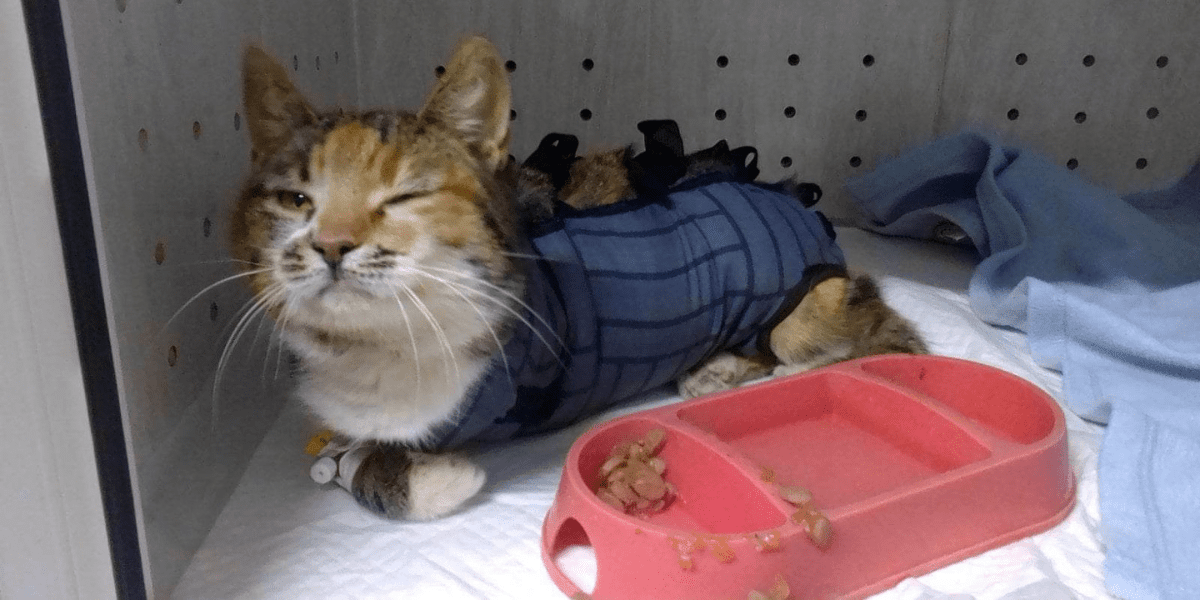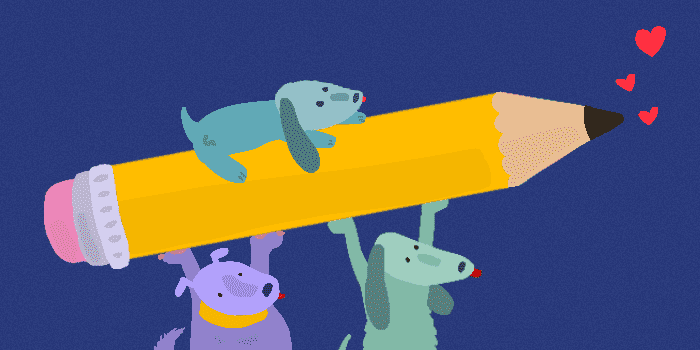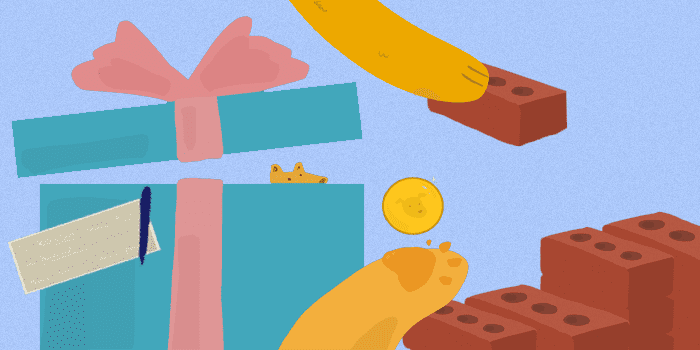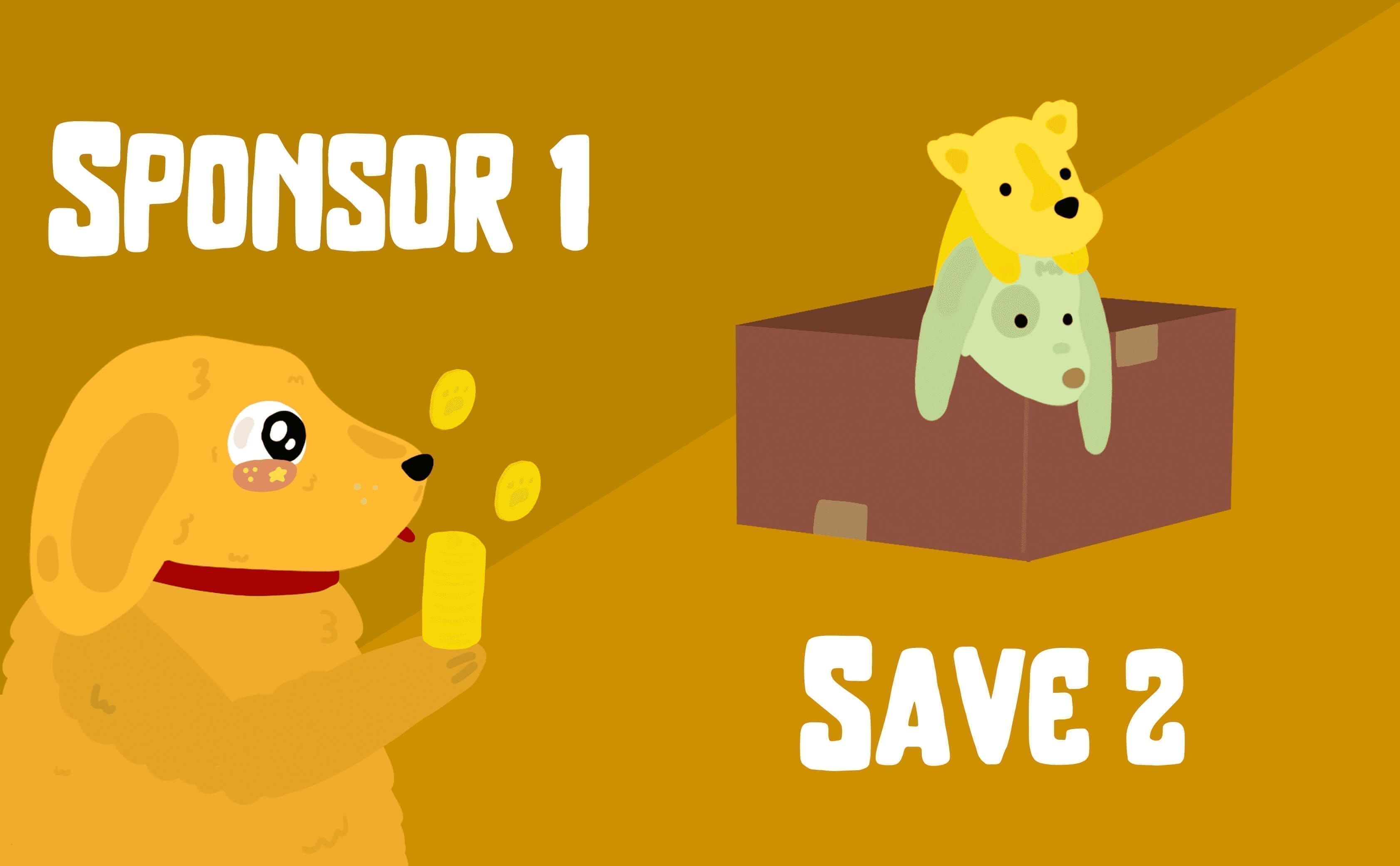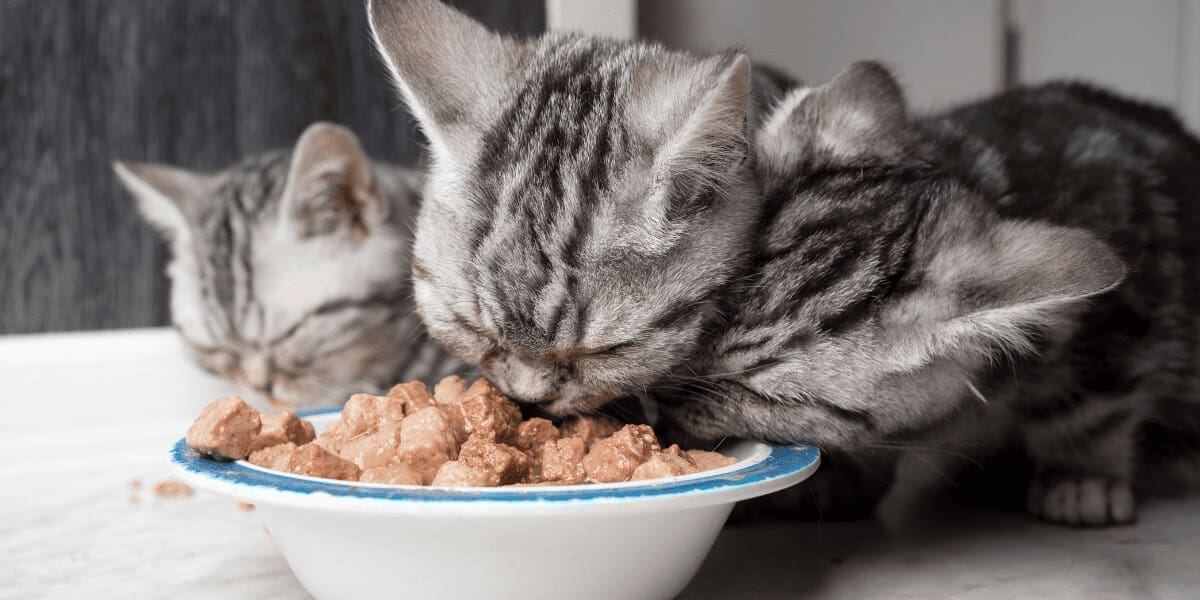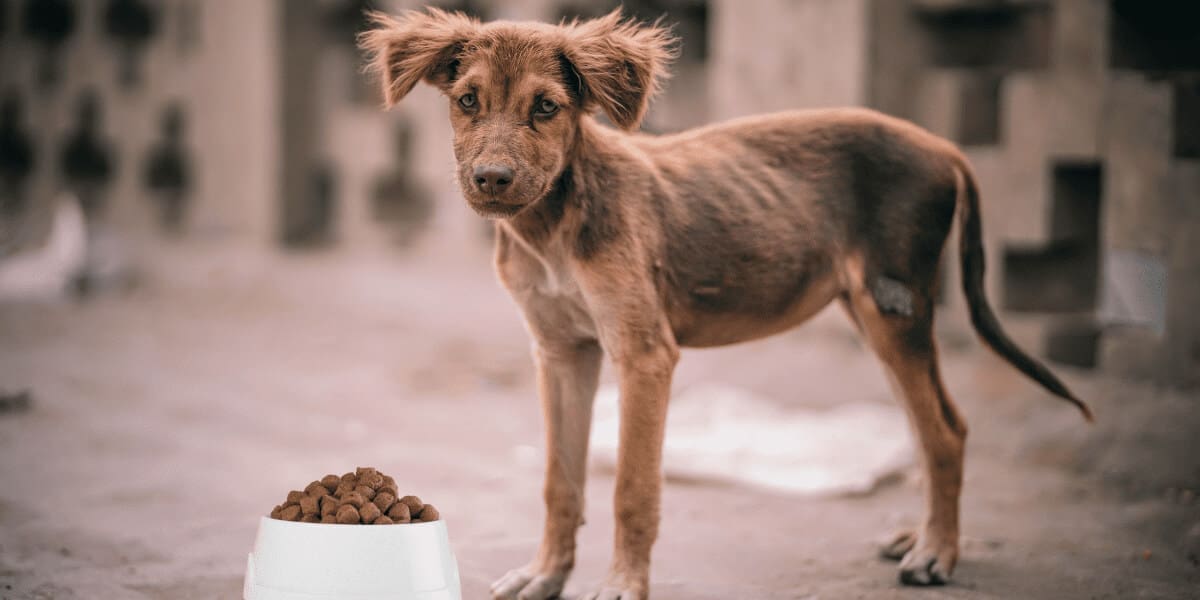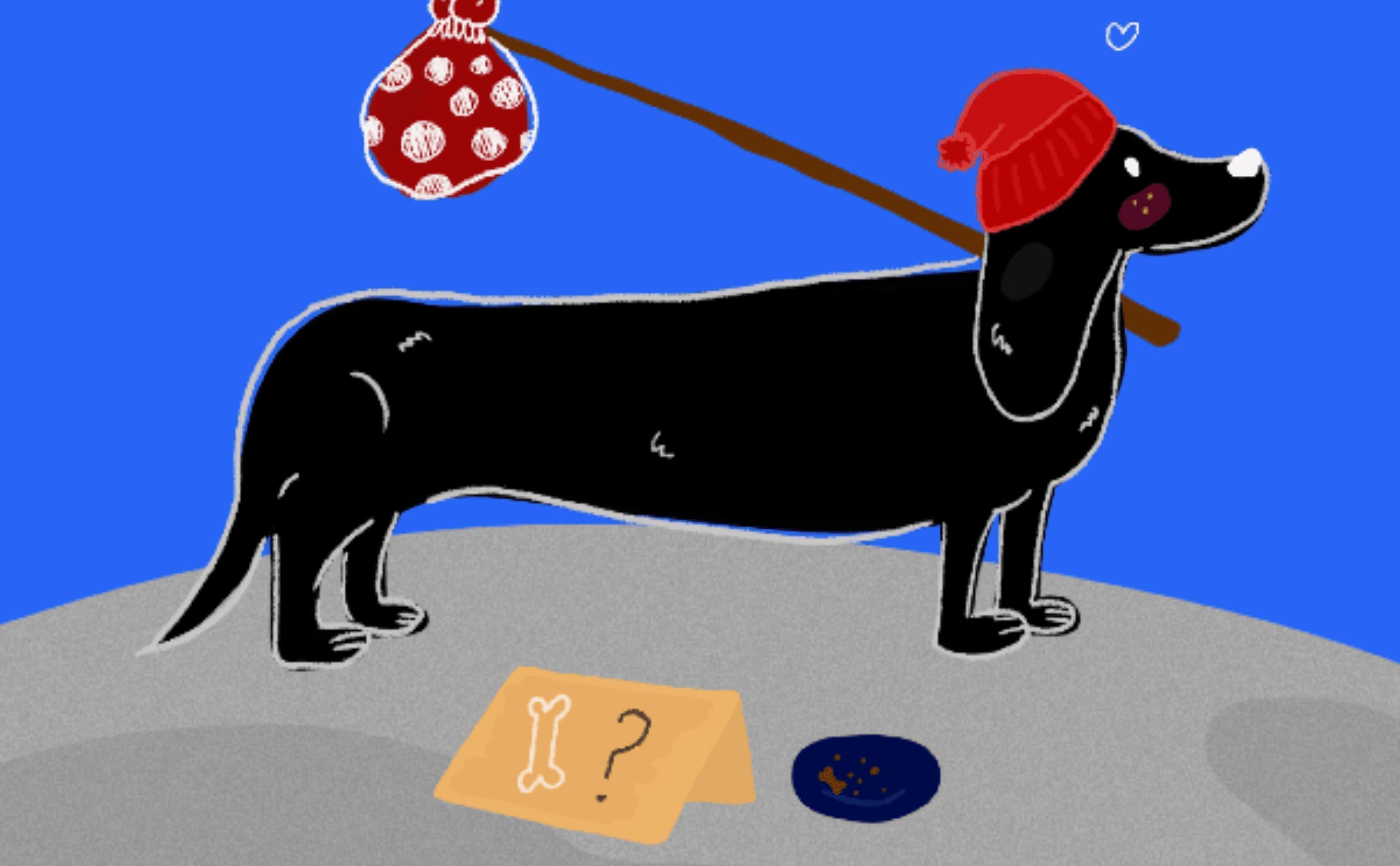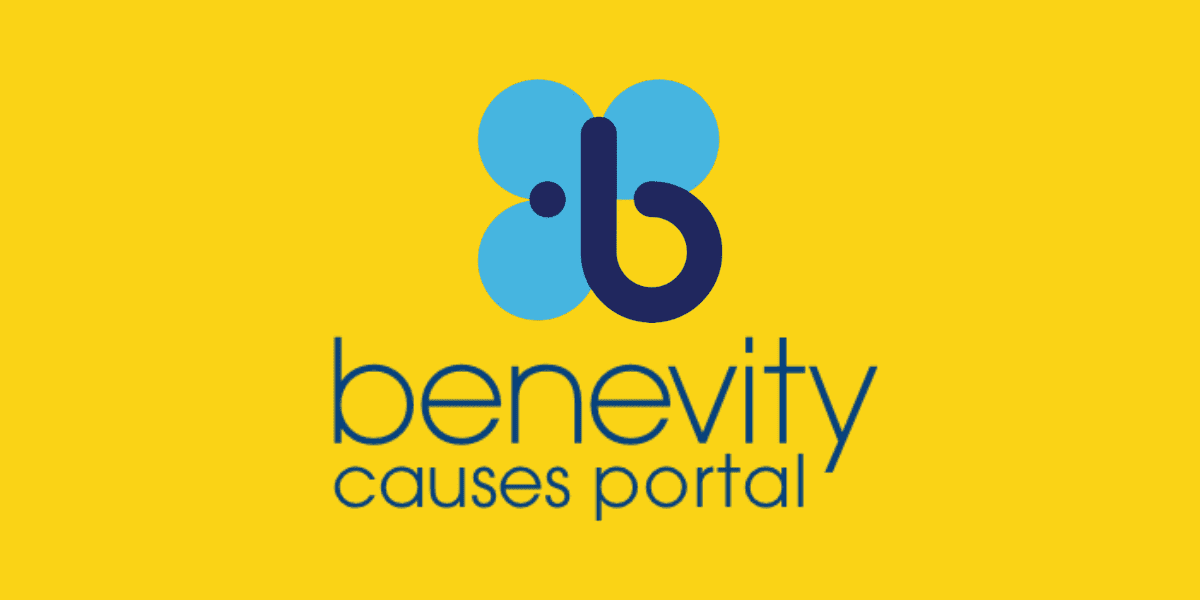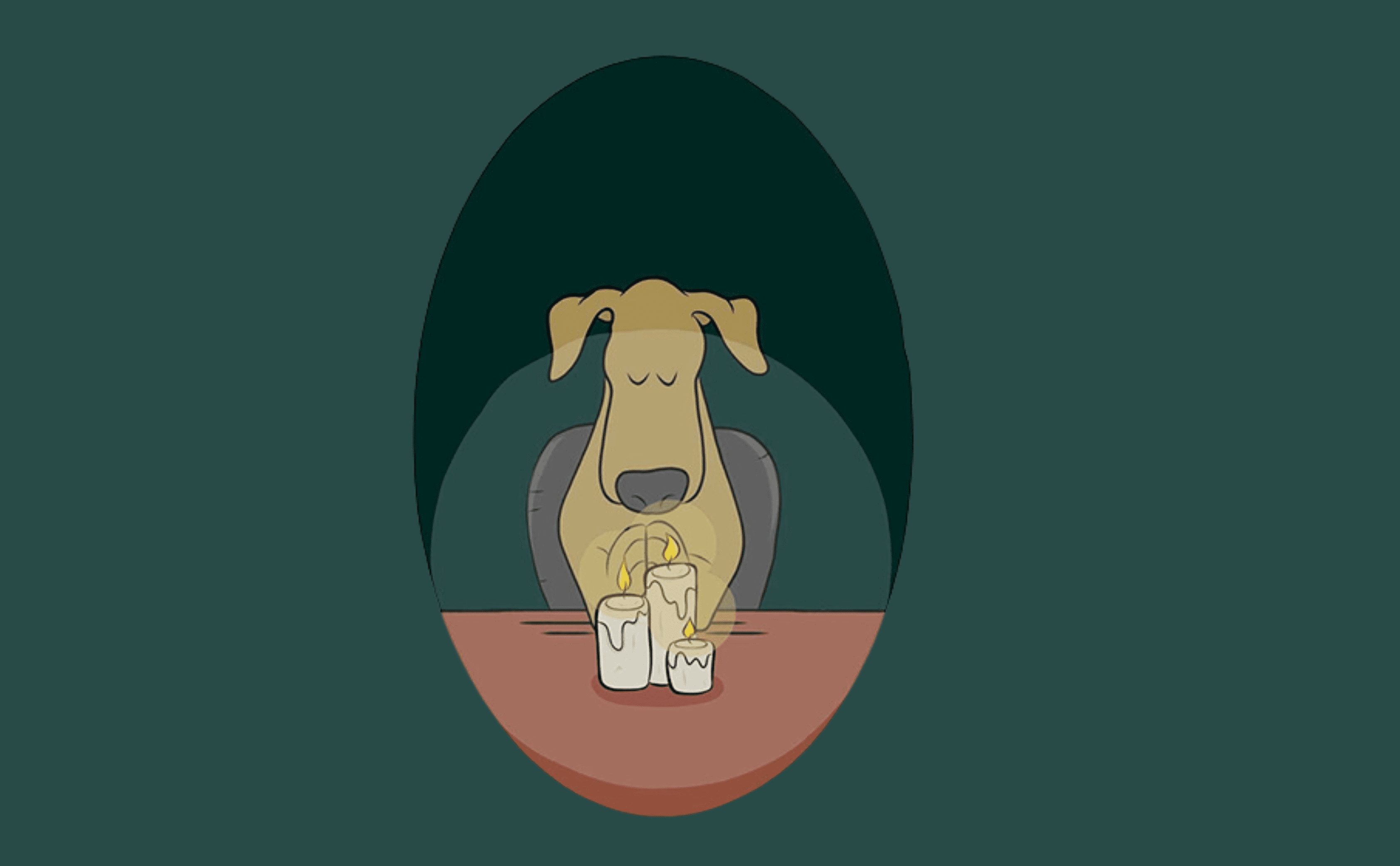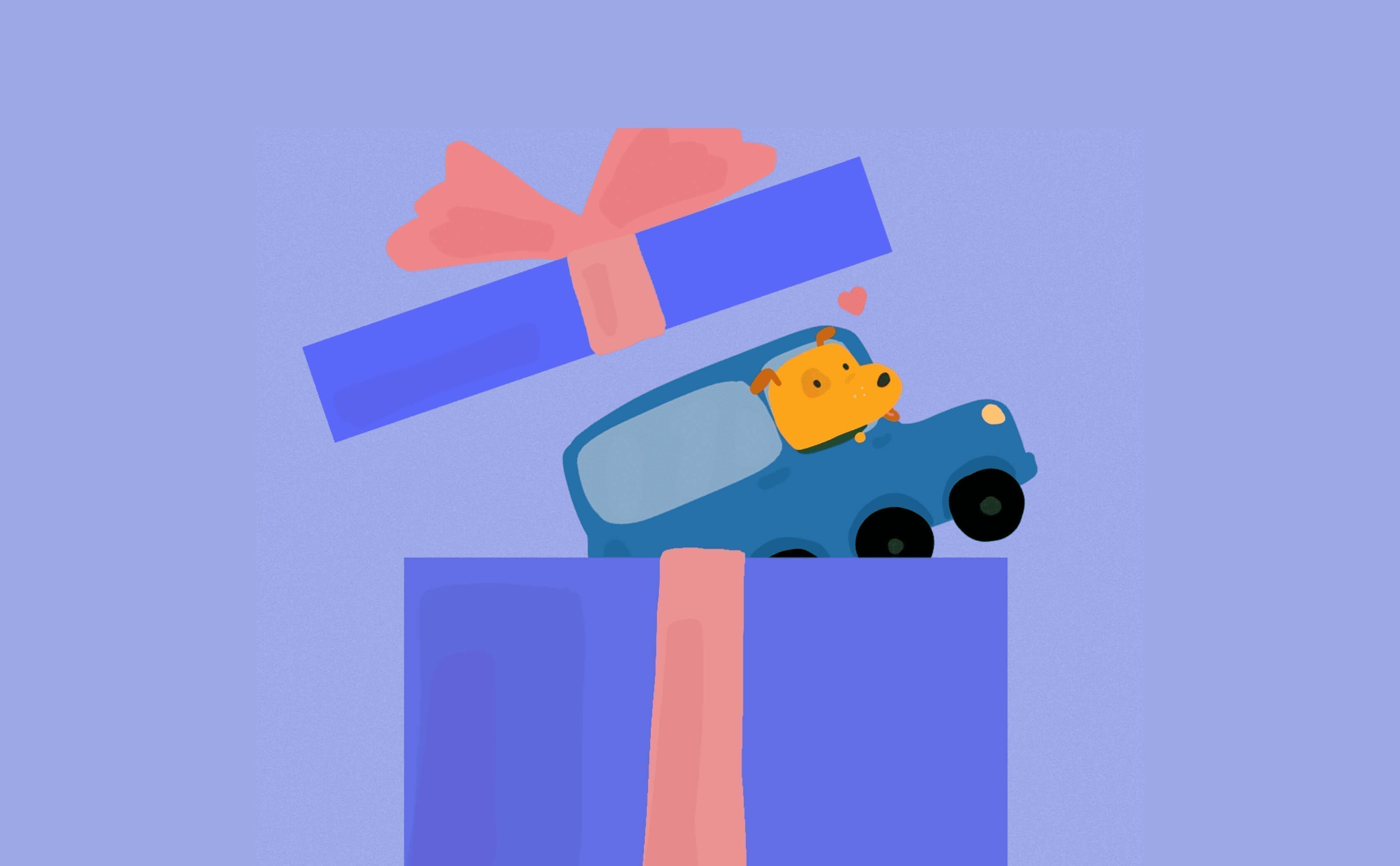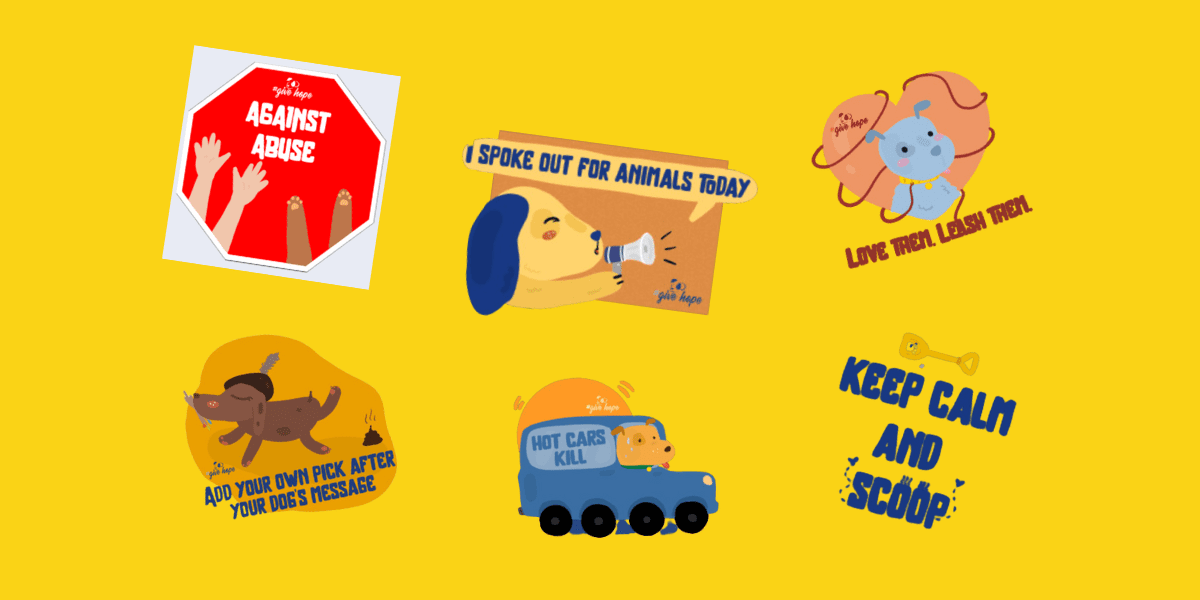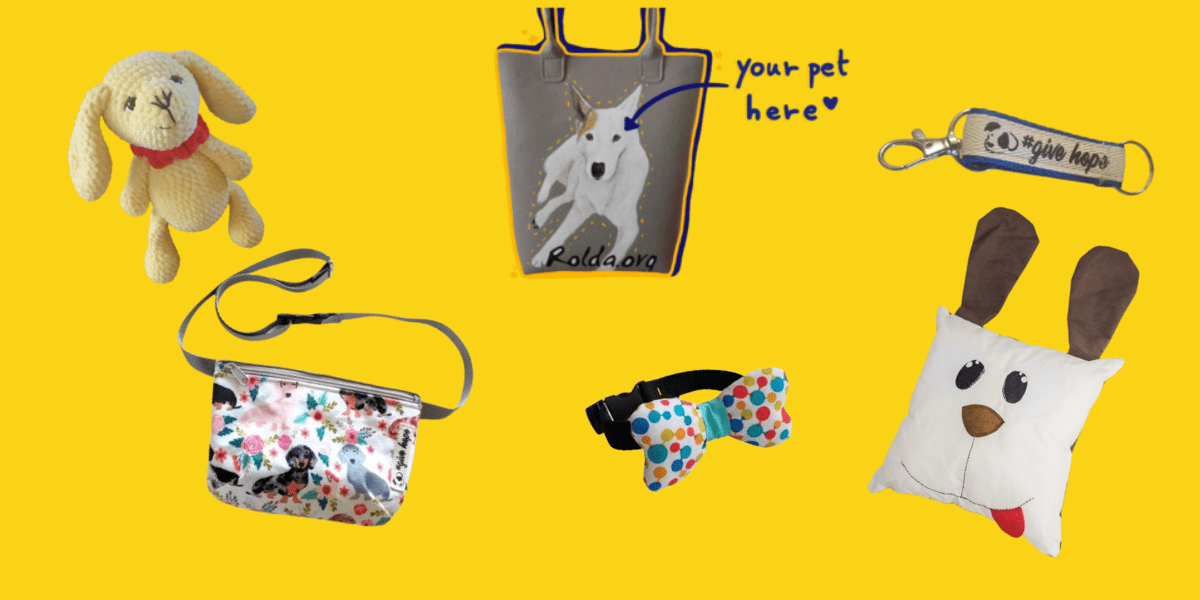For the love of pets
Stay informed to offer your furry buddy a safer and happy life near you!
Our team is grateful to all people who adopt from shelters, and who support charities like ROLDA by making a donation or by getting involved in other ways. Indifference continues to be the worst enemy the animals have, however, you have the choice to not remain indifferent to their plight!
With respect to all who care about animals, the ROLDA team creates free, downloadable materials, a click away from you – which you can save and share with your friends.
We are thinking of different topics, trying to keep these freebies creative and interesting for all our readers. If you have ideas or suggestions for us, please contact us at rolda@rolda.org.
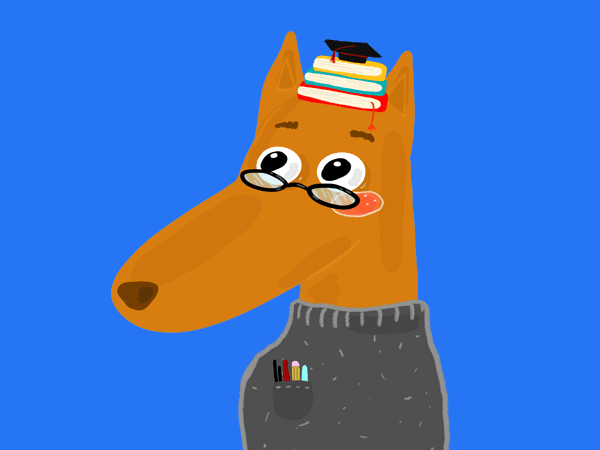
TOGETHER, we help animals and people live in harmony, well informed, and relaxed, understand each other better. Together, we protect, bring joy to the hearts of our voiceless friends and offer them exactly what they need.
Let’s discover together how you can protect your pet during an emergency, how to travel with your pet, about fire safety plans and much more…
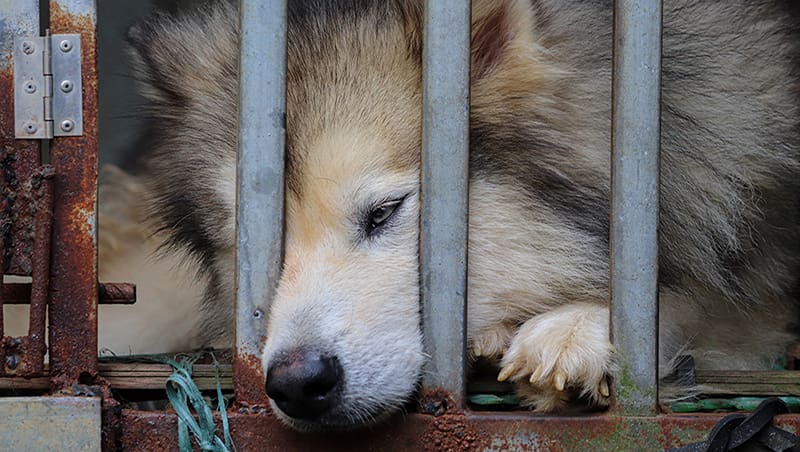
How to Recognize a Case of Animal Cruelty or Abuse?
For more than 15 years, our efforts have been directed towards the needs of stray animals, those that are always alone, without someone to watch out for them, to provide food and shelter to protect them from the cold or from outside threats. But what to do when the owners, the people these animals depend on, fail to do their duty or, worse, harm these animals more than if they were to fend for themselves? These are the cases of abuse and animal cruelty.

How to be an ethical tourist
Now that people are starting to adopt a more mindful approach towards life and the world that surrounds us, the concept of ethical tourism has started to gain traction. Despite what some skeptics may believe, ethical tourism is not ‘just a fad’. It is a global movement born in response to the negative cultural, environmental and social impact of mass tourism.
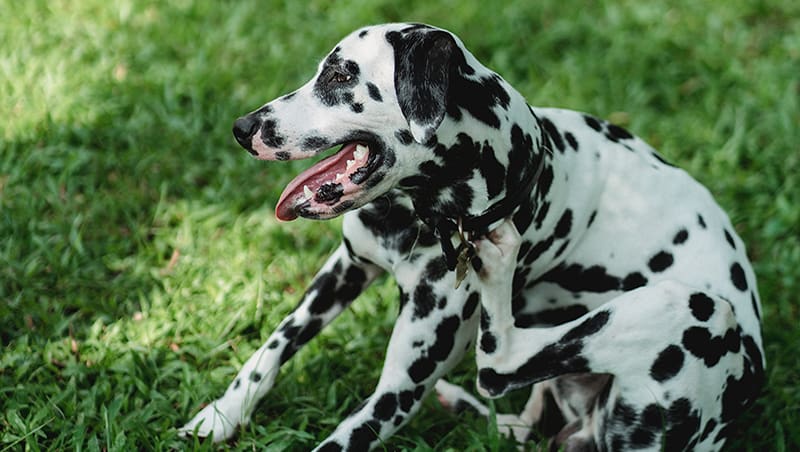
How to protect dogs against fleas, ticks, mosquitoes, lice
Dogs love to go on walks. Walks are probably their favorite part of the day. But if we don’t take the necessary precautions, these beautiful moments can quickly turn into opportunities to get unwanted visitors. We are talking, of course, about external parasites (bugs and insects) from the flea that lives in the fur of your friendly neighborhood cat to the ticks that lay hidden in the grass, waiting for their next meal.
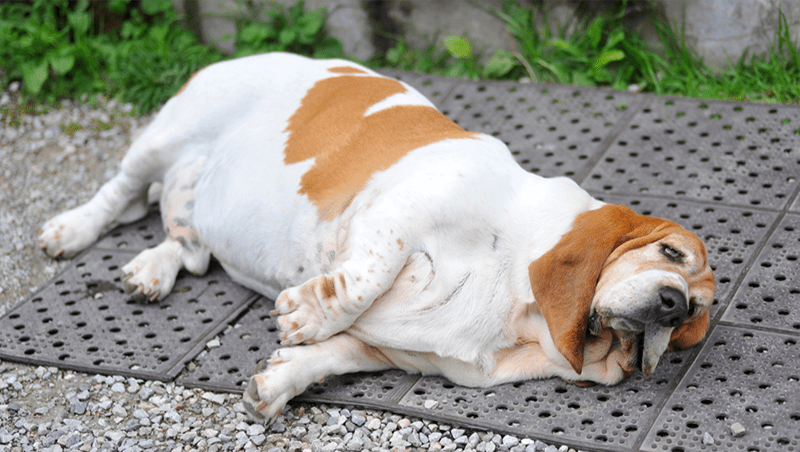
How to prevent obesity in dogs?
Nowadays, pet owners have more worries than ever. Everywhere we look we see news about cancer, diabetes, heart disease, or parasitic diseases. It is quite easy to overlook one of the most common problems: obesity. A simple word that represents a sound base for a new and dangerous set of problems.
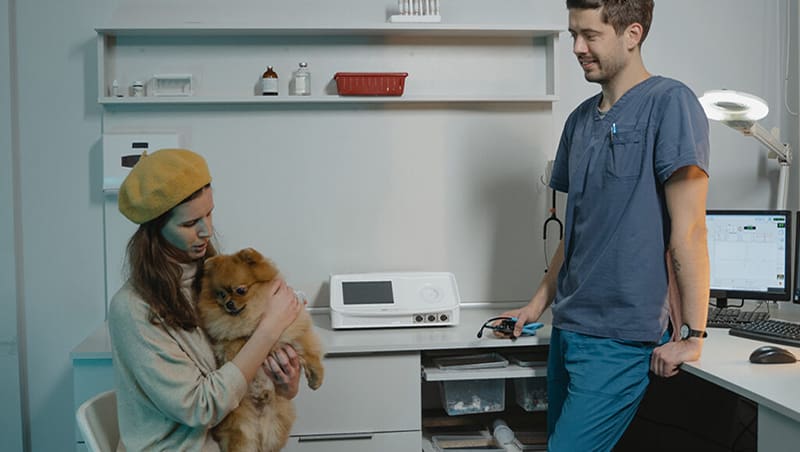
The Frequency of Veterinary Checks for Dogs
Have you ever wondered how often you should take your dog to the vet? Don’t worry, this question is quite normal, even for experienced dog owners. If our four-legged friend is healthy and happy, we are tempted to leave them alone and not take them to the vet for a routine check-up or a preventive vaccine for a disease that, maybe our puppy will never get. However, this approach does not take into account an important aspect: what is best for our dog.
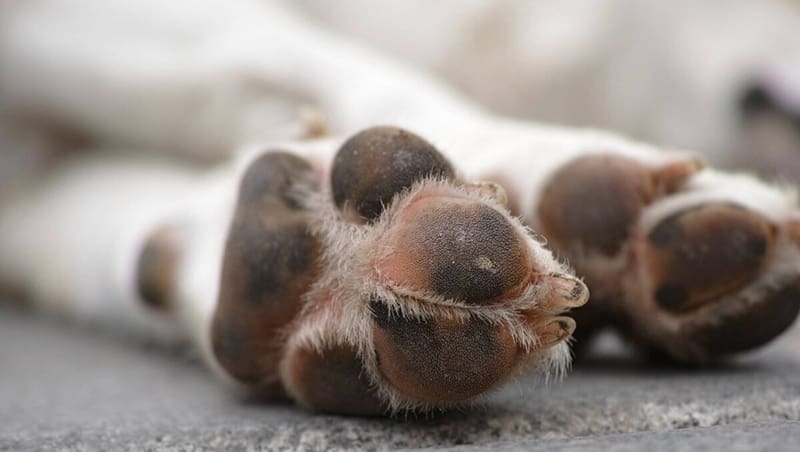
Protect Your Pet’s Paws from Hot Pavement
For many, warm, sunny weather provides a great incentive to get outdoors. But it also brings its problems — such as roads melting and dogs getting their paws burnt on scorching hot pavements. Many of our emergency vets have treated dogs who have been the victim of severe burns to their paws. However, a large number of these cases could have been avoided if owners had followed some simple safety advice.
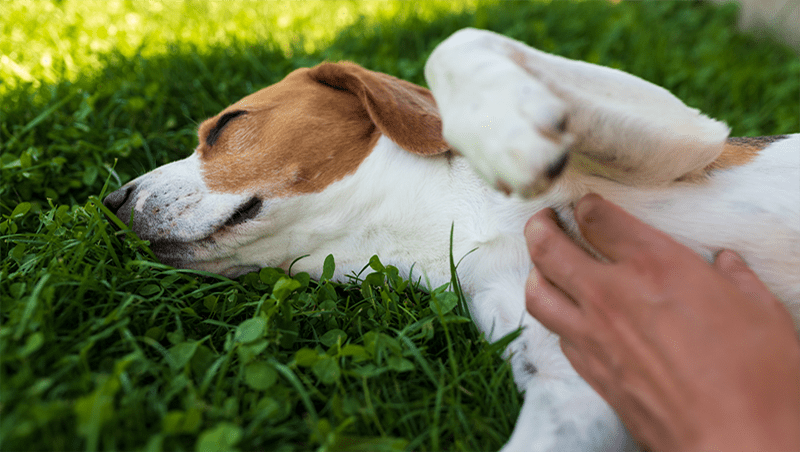
What Do You Do If Your Pet Has A Heat Stroke?
During a heat crisis, the goal is always to decrease the dog’s body temperature to 103° F in the first 10-15 minutes. Once 103° F is reached, you must stop the cooling process because the body temperature will continue to decrease and can plummet dangerously low if you continue to cool the dog for too long.
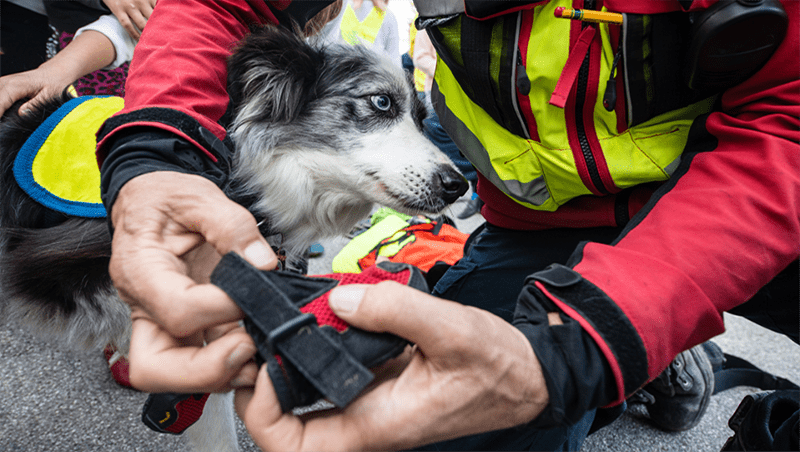
Fire Safety and Your Pets
Home fires are the most common disaster but also the most preventable. The best way to protect your pets from the effects of a fire is to include them in your family plan. This includes having their own disaster supplies kit as well as arranging in advance for a safe place for them to stay if you need to leave your home.
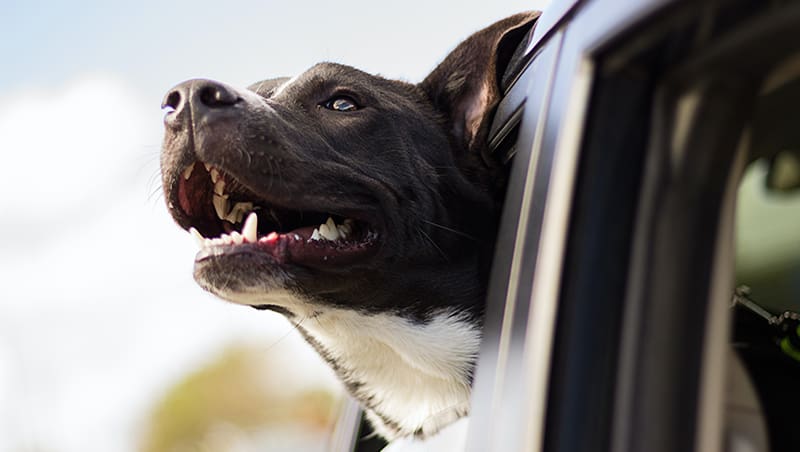
How To Travel With Your Dog
Even with proper planning, emergencies or issues can happen on a trip. You could be in a car accident; your pet could get sick, you could be delayed, the weather could be bad, or a hundred things could happen. However, you can plan for emergencies to make it easier to deal with them if they arise. As mentioned above, making sure your pet has current identification is very important. Having extra supplies, including medication, food, and water is a great way to prepare.
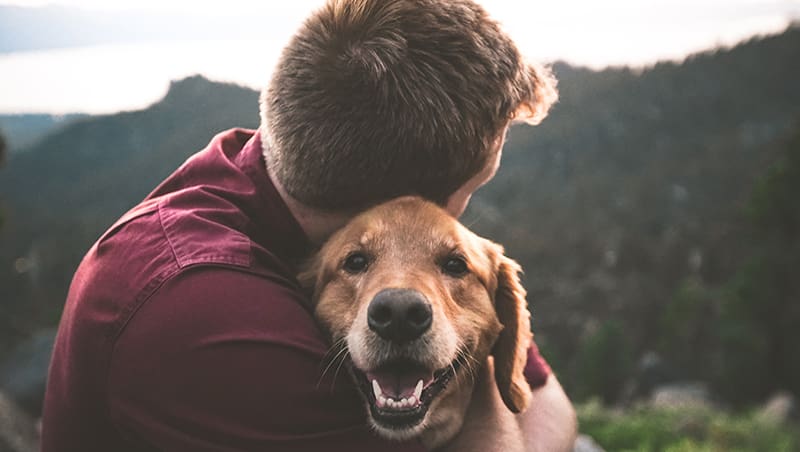
Protecting Your Pets In An Emergency
From fires and floods to hurricanes and earthquakes, the worst can and does happen to dog owners all over the country. Just like you should have a plan in place for the humans in your family, you also need a disaster plan for your dog.
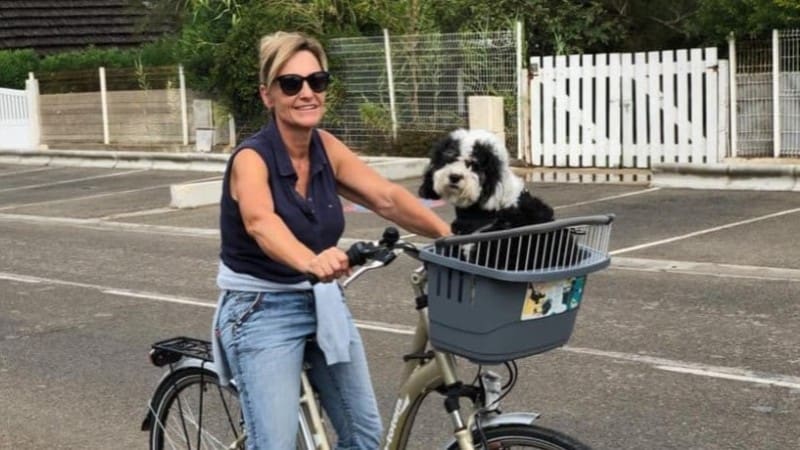
How to be A Responsible Dog Owner
All dogs need a safe and suitable environment; a comfortable bed in a quiet area that is secure and free from hazards. Their bed should be somewhere undisturbed, warm, out of direct sunlight and free from draughts. Dogs need to be given the opportunity to go to the toilet at regular intervals throughout the day.
 non-US support +44 (0)161 531 8801
non-US support +44 (0)161 531 8801

